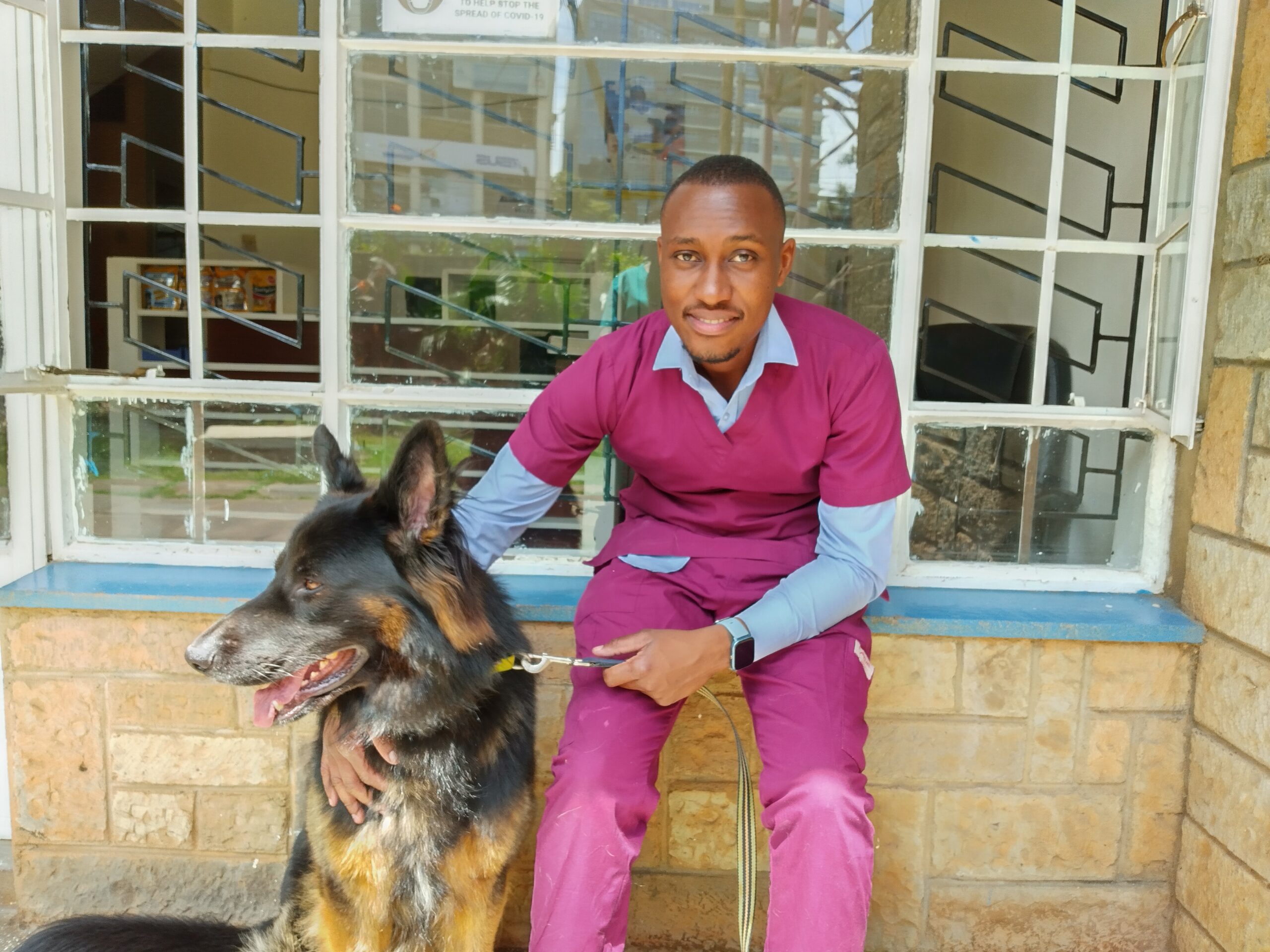Puppy and kitten care refer to the specialized healthcare provided to young dogs and cats, typically from birth up until they reach adulthood. This stage of life is crucial for their development, and proper veterinary care during this time helps ensure their overall health and well-being.
Welcome to Ducknet Veterinary Clinic.
Here are some key aspects of puppy and kitten veterinary care:
- Vaccinations: Puppies and kittens receive a series of vaccinations to protect them against common and potentially serious diseases. These vaccines typically start at around six to eight weeks of age and are administered in multiple doses over several weeks. Common vaccinations include those for distemper, parvovirus, adenovirus, and rabies in dogs, and feline panleukopenia, calicivirus, rhinotracheitis, and rabies in cats.
- Deworming: Parasite infestations, such as roundworms, hookworms, and tapeworms, are common in young animals. Regular deworming treatments are given to eliminate these parasites and prevent potential health problems.
- Physical Examinations: Regular check-ups with a veterinarian are important during the early stages of a puppy or kitten’s life. These exams help monitor their growth and development, detect any potential health issues, and provide an opportunity for the veterinarian to offer guidance on nutrition, behavior, and general care.
- Nutritional Guidance: Puppies and kittens have unique dietary requirements to support their growth and development. A veterinarian can provide guidance on selecting the appropriate commercial pet food or recommend a suitable diet if homemade or specialized nutrition is required.
- Spaying/Neutering: Discussing spaying or neutering options with your veterinarian is important for responsible pet ownership. This procedure helps control the pet population and can have various health benefits for the animal, including reducing the risk of certain diseases and behavioral issues.
- Parasite Prevention: Fleas, ticks, and heartworms can cause significant health problems in young animals. Veterinarians recommend appropriate preventive measures, such as topical or oral medications, to protect against these parasites.
- Socialization and Behavior: Veterinarians can offer guidance on socializing puppies and kittens to ensure they develop appropriate behavior and become well-adjusted pets. They may also provide advice on training, housebreaking, and addressing any behavior concerns.
It’s essential to consult with a veterinarian experienced in puppy and kitten care to create a tailored healthcare plan for your young pet. Following their recommendations and scheduling regular veterinary visits will help promote a healthy start to their lives and set the foundation for a lifetime of well-being.


